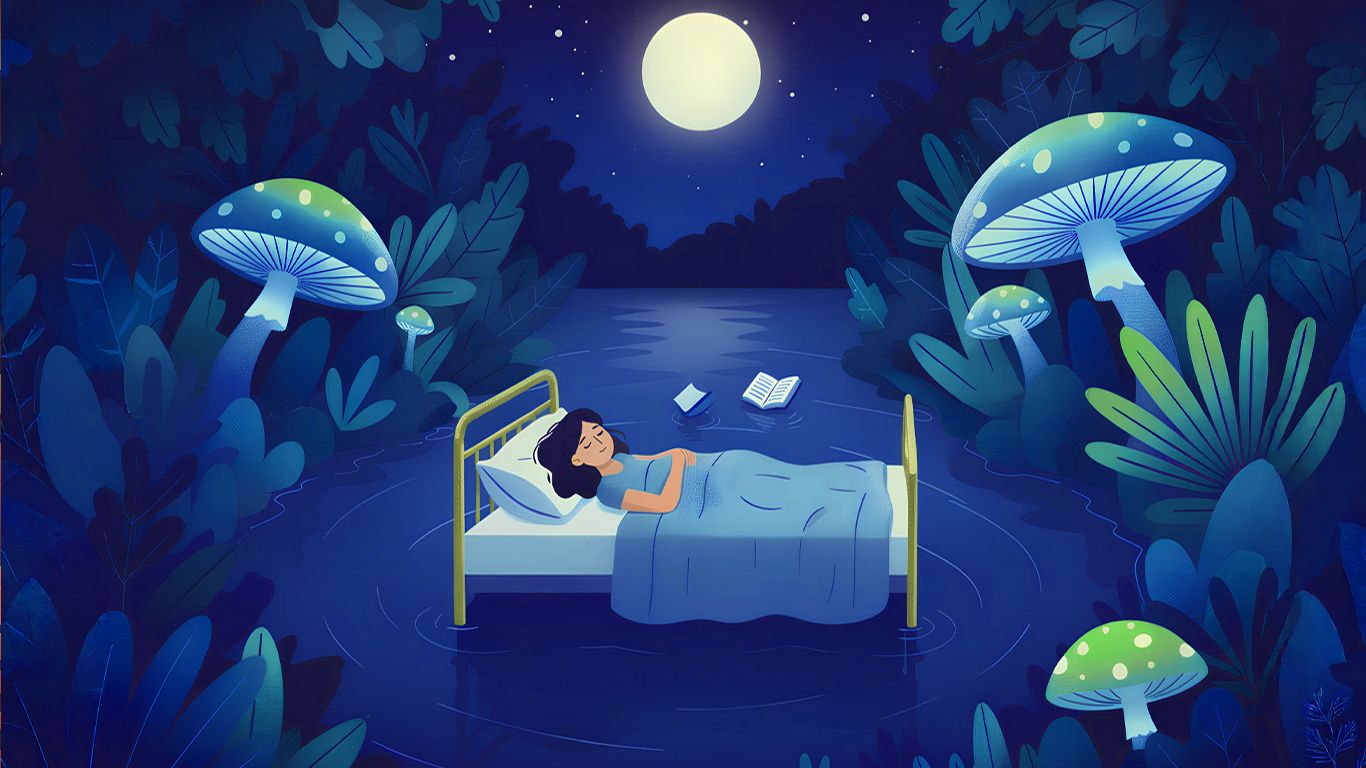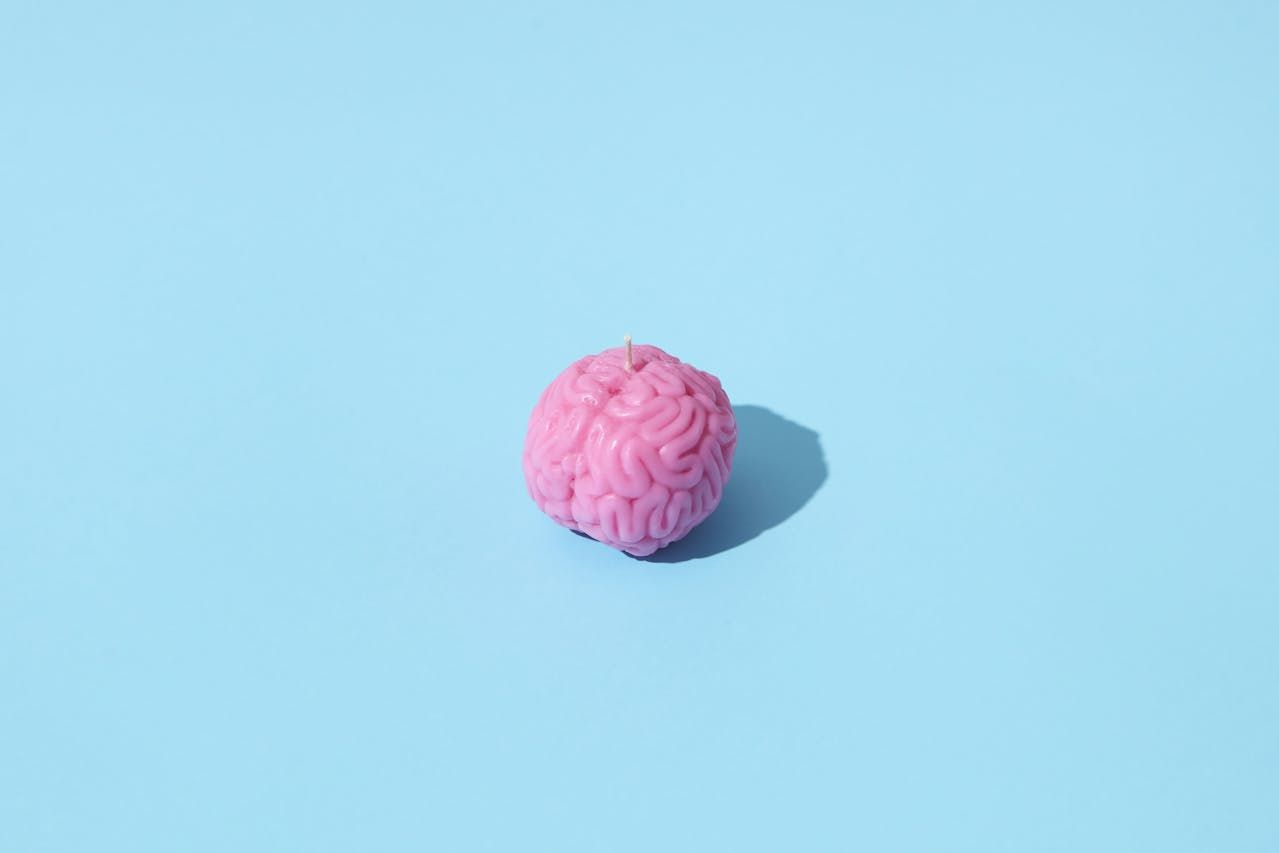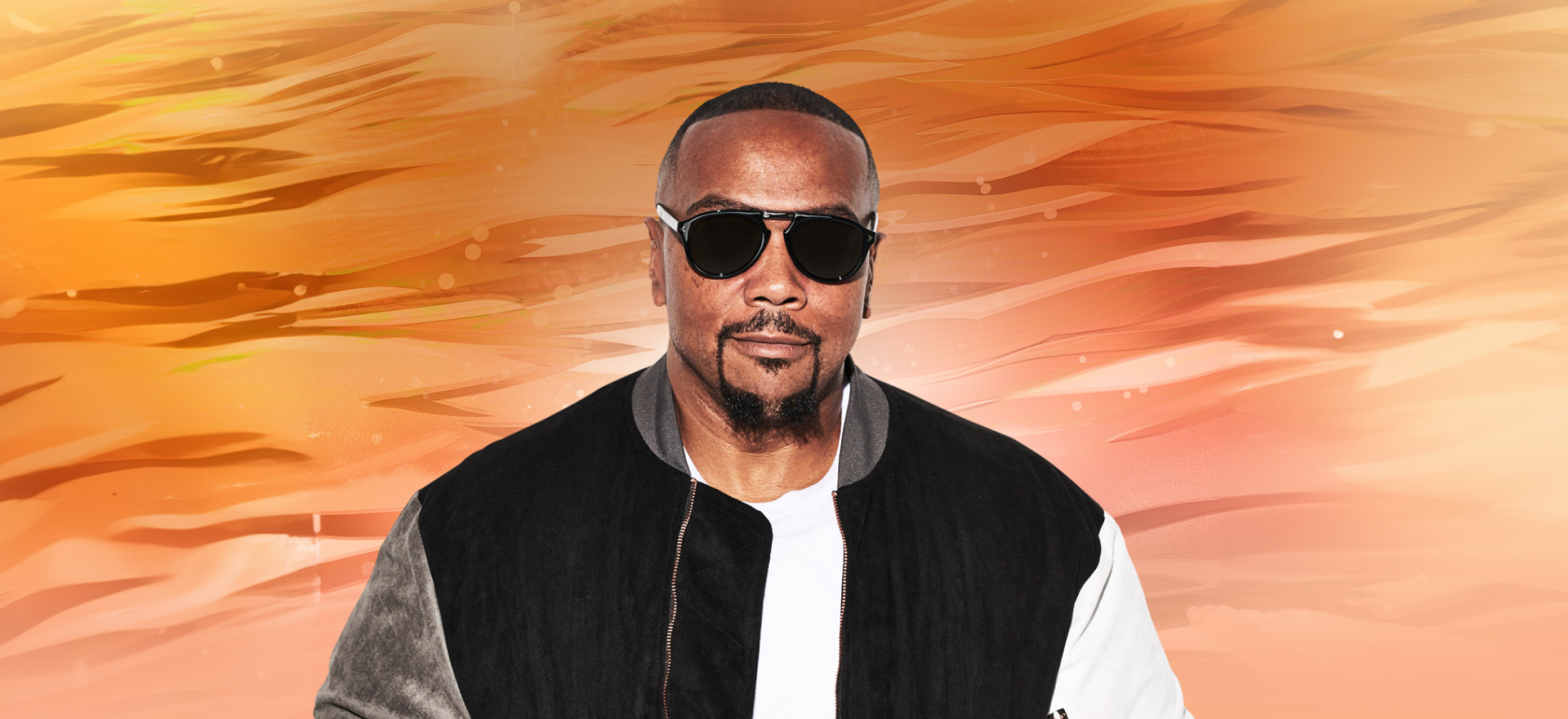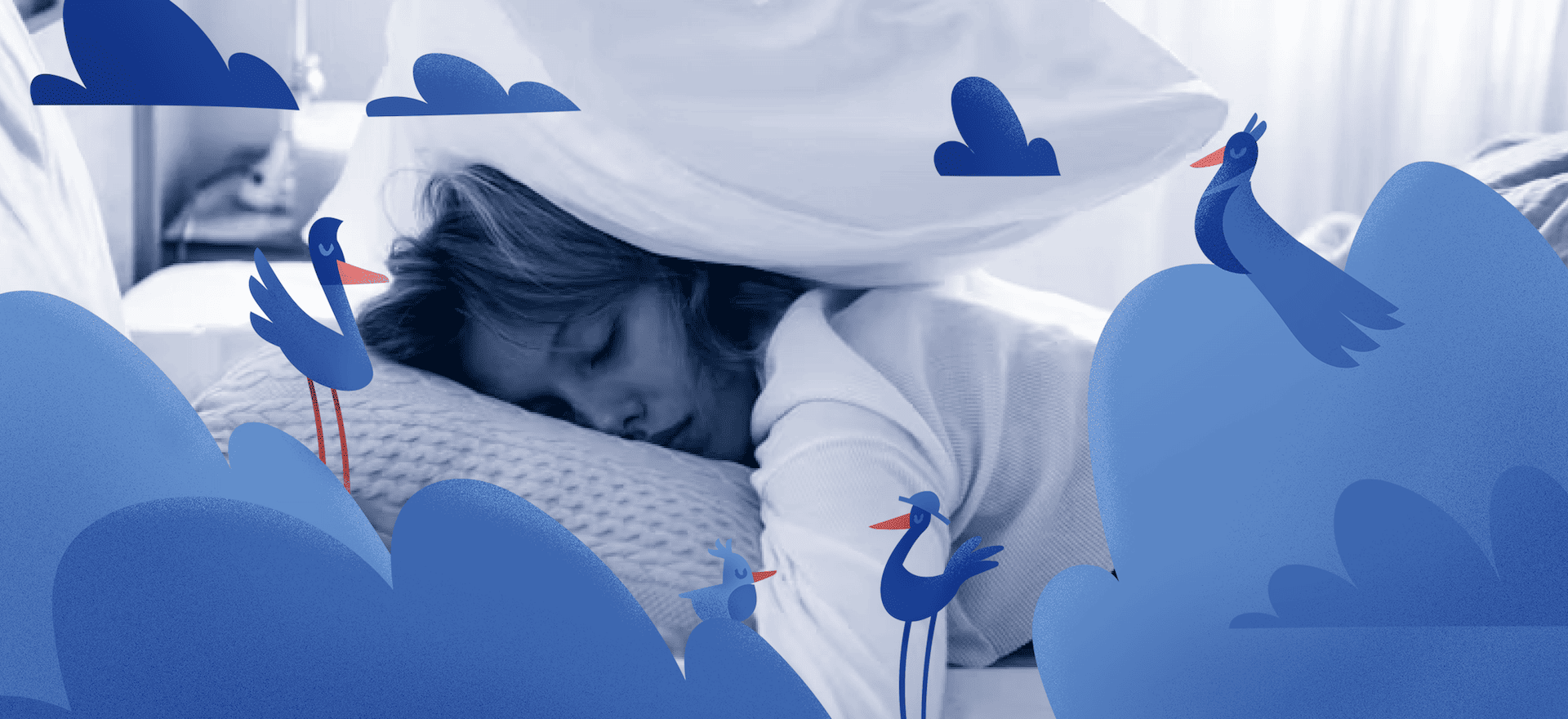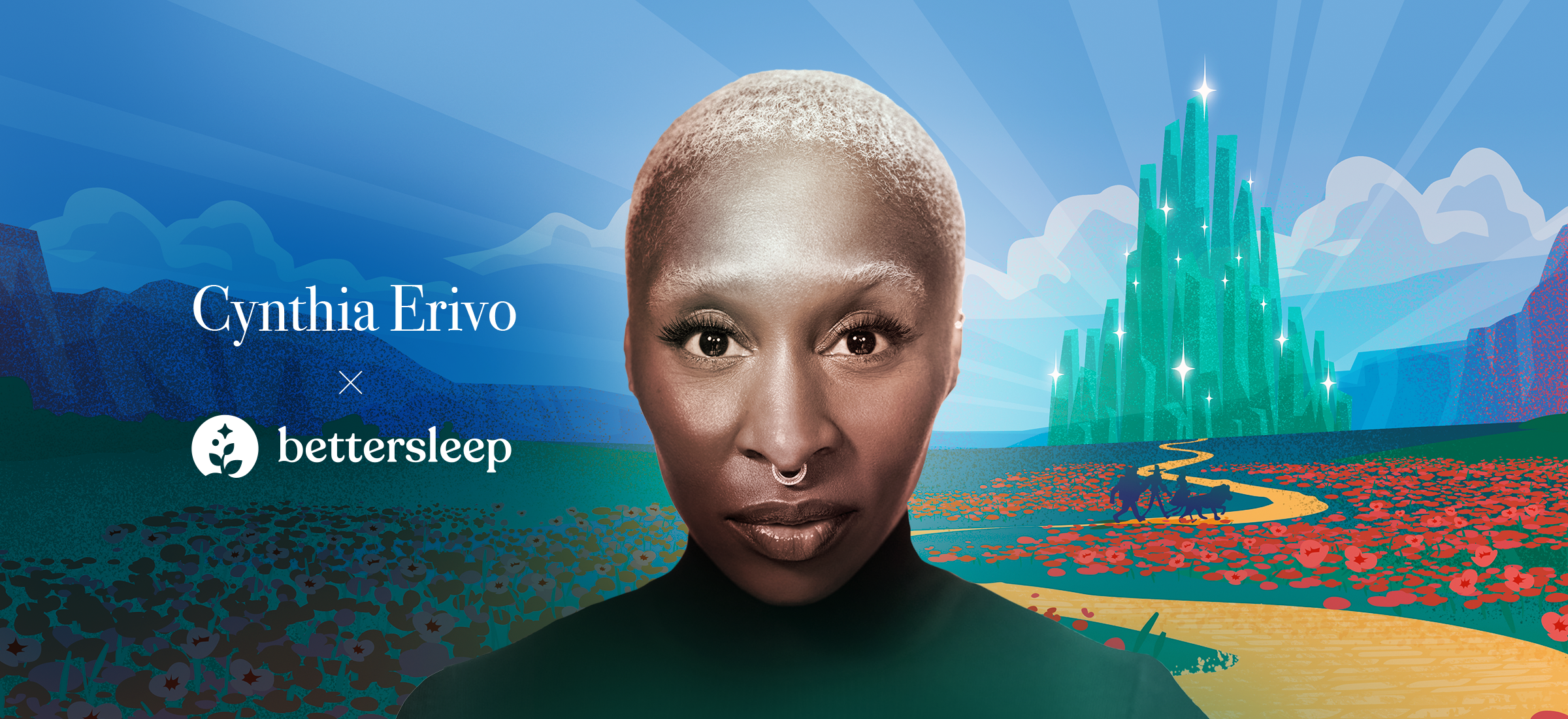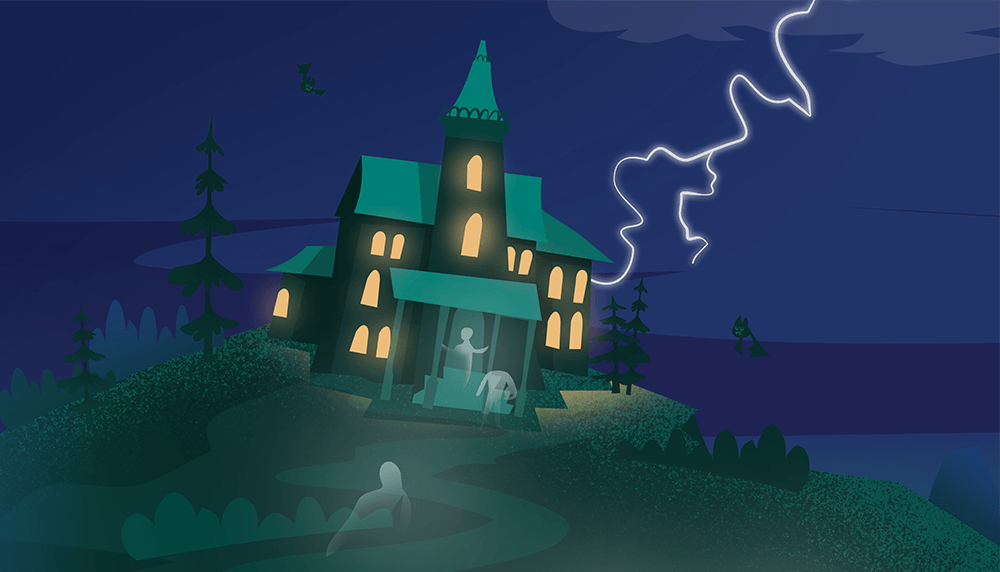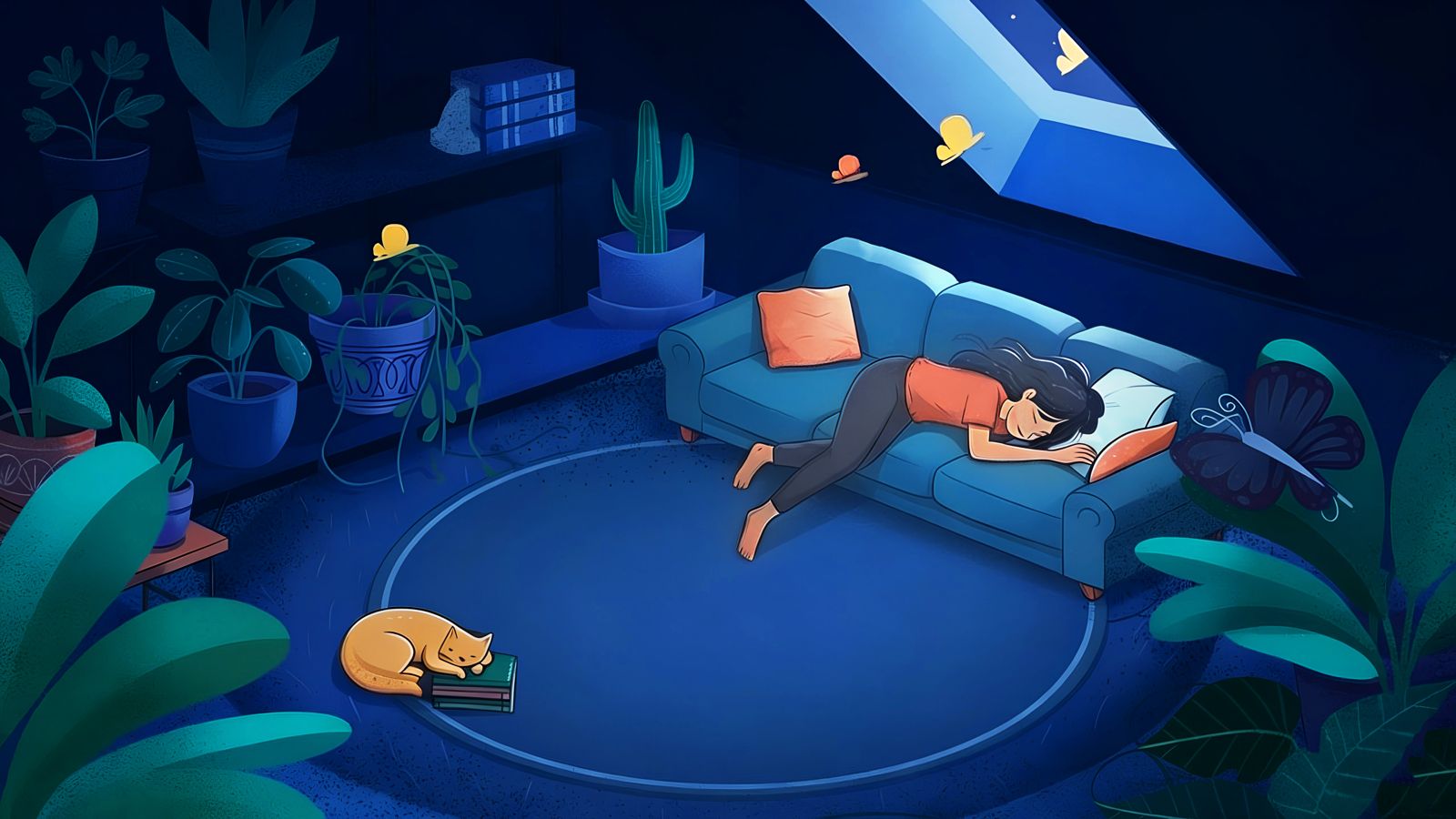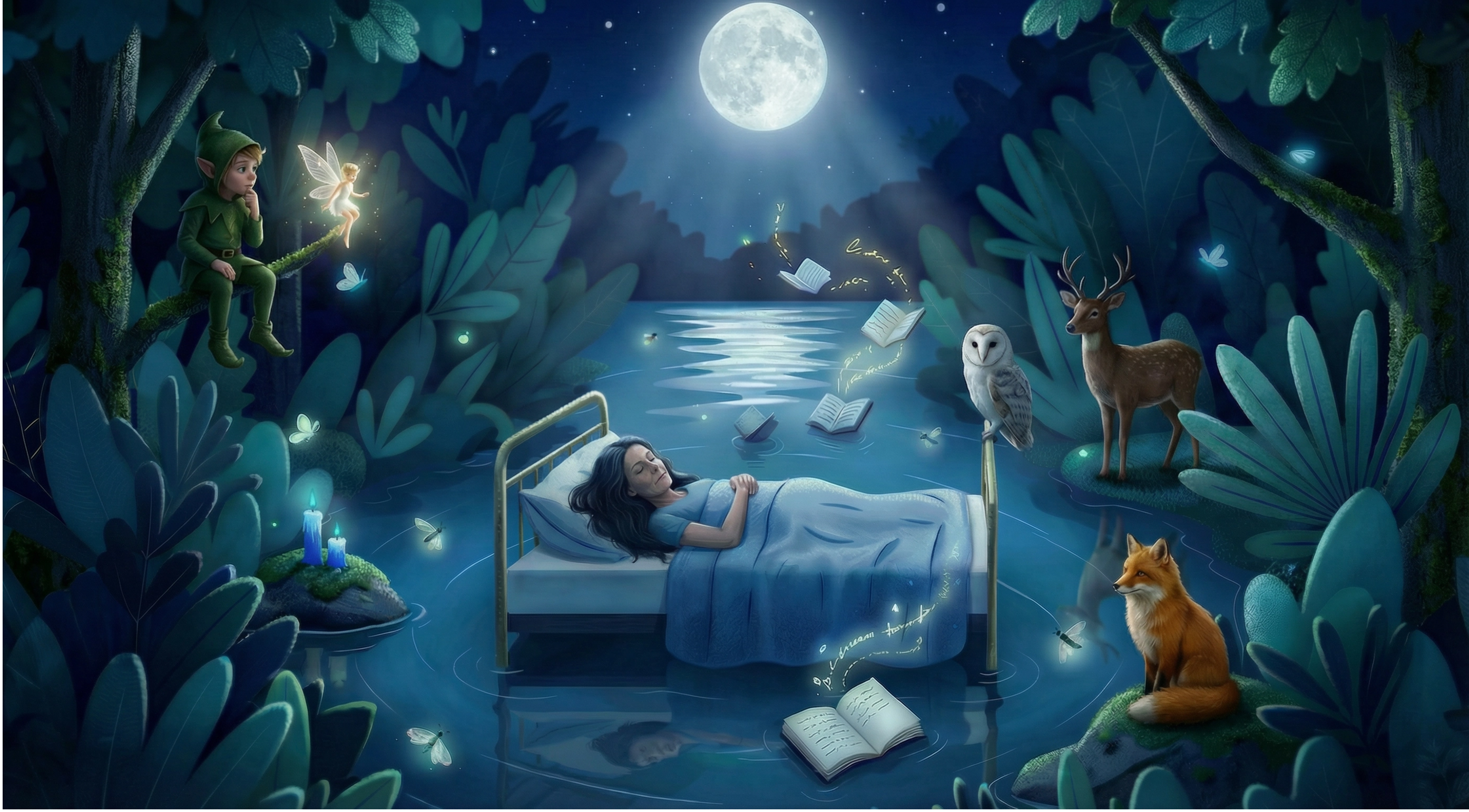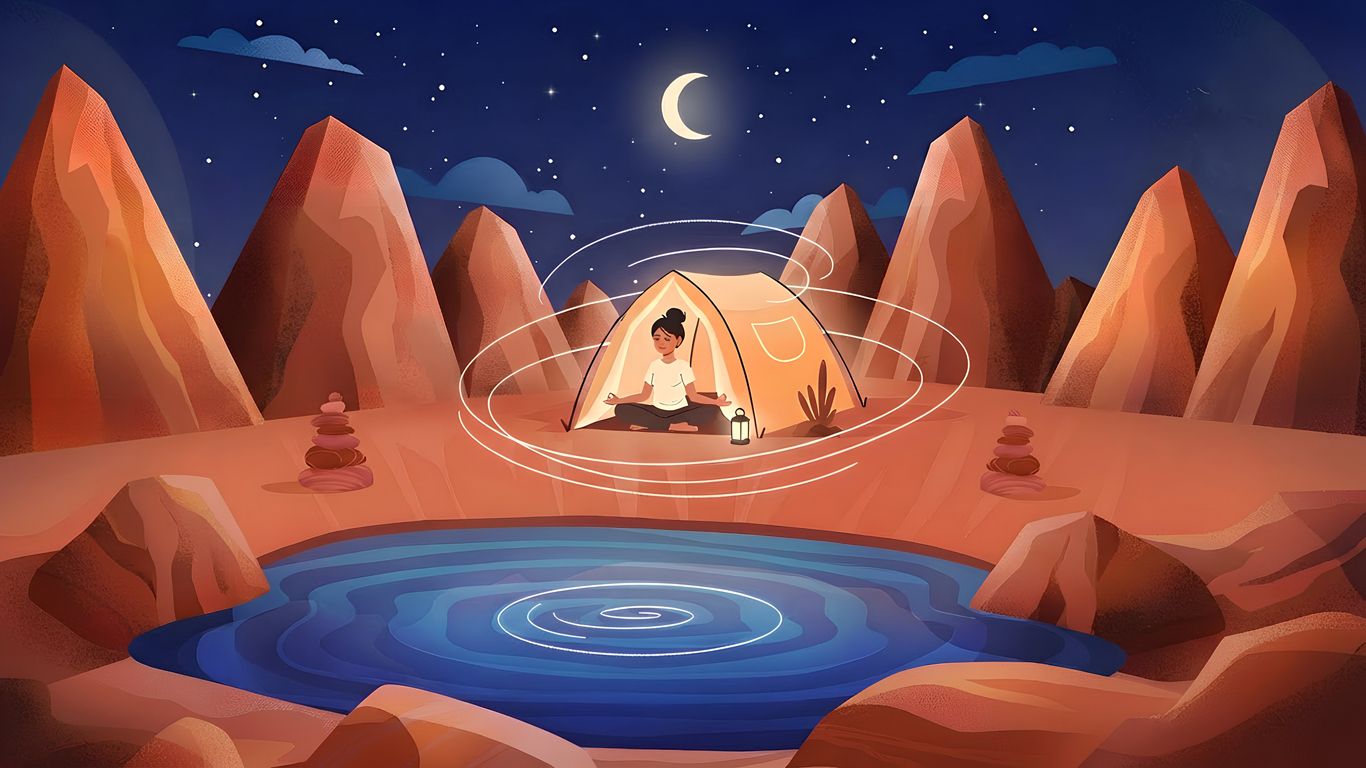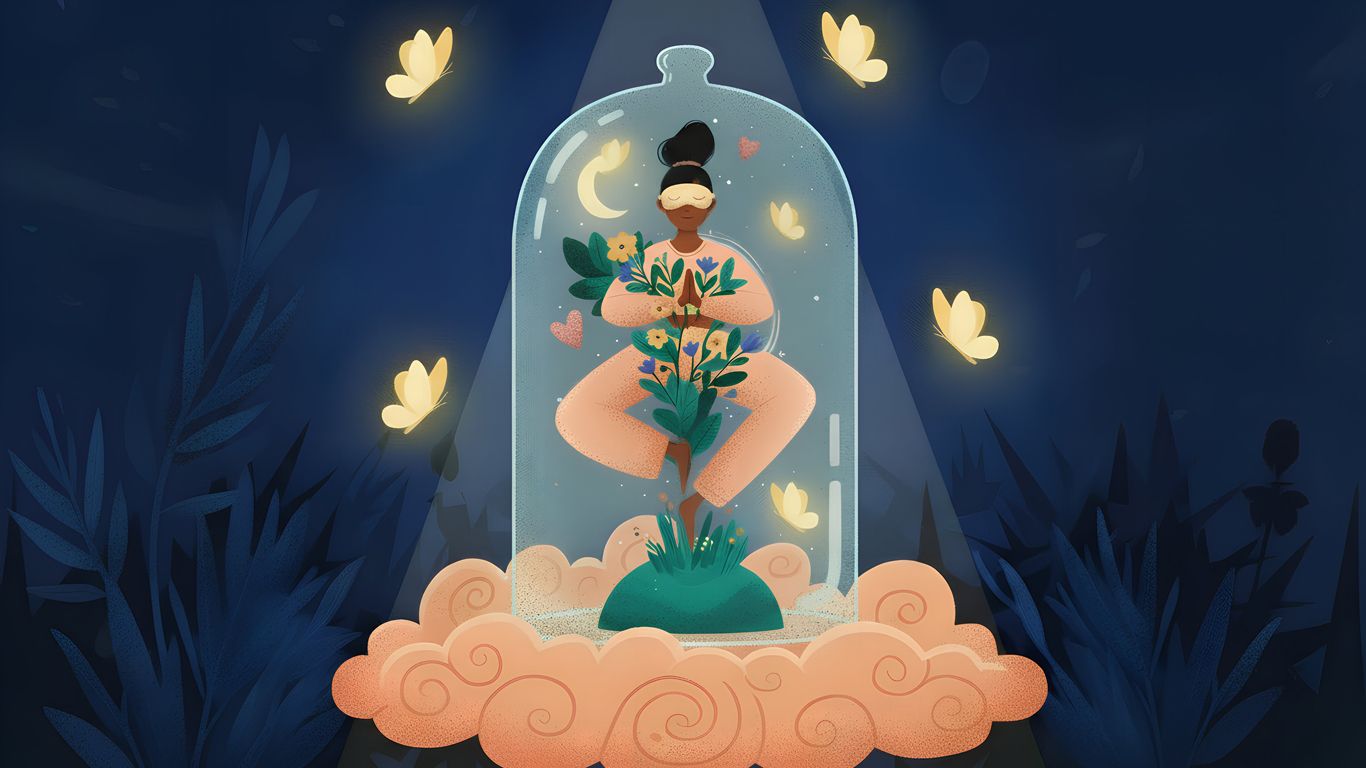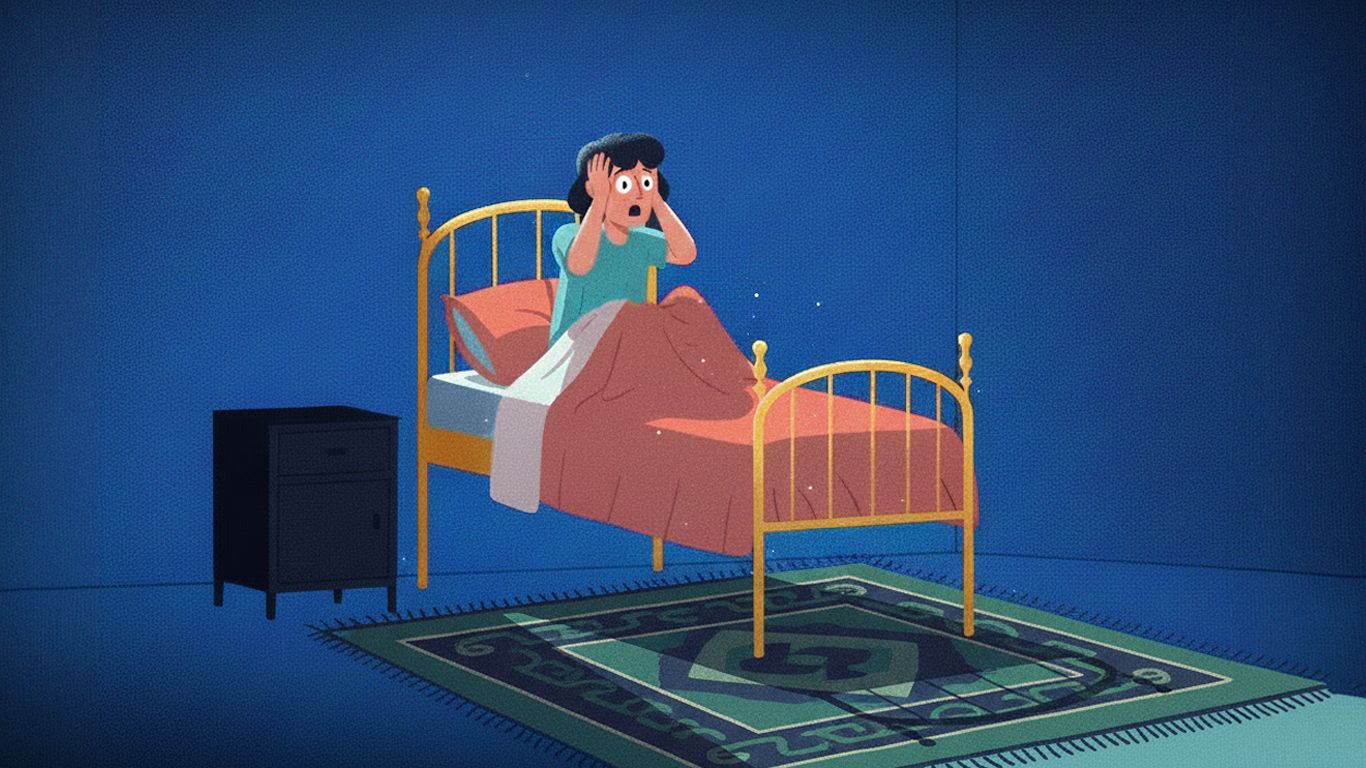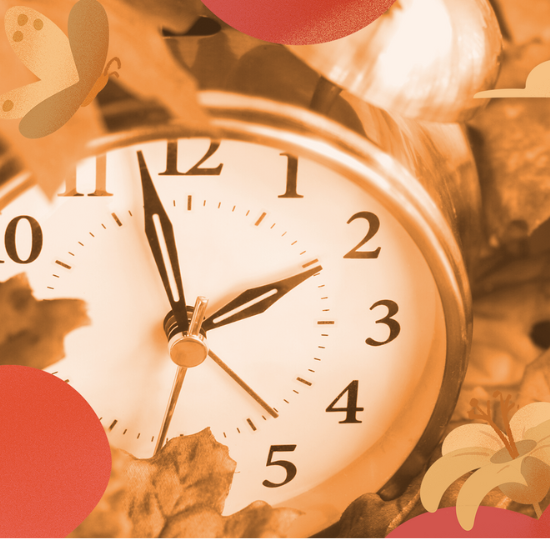
Effect of Daylight Savings Time
It's only 60 minutes, but the twice-yearly daylight savings time shift can seriously mess up your body's internal clock. This can lead to a change in your mood and quality of sleep.
A study in 2016 even found that the risk of having a stroke was 8% higher two days after a daylight savings time (DST) transition, the risk of heart attacks leaped by 10%, and general cognitive function seemed to drop.
The main reason for these effects is the disruption to our circadian rhythms. Our circadian rhythm is the 24-hour internal clock in our brain that regulates when we should be awake and asleep by responding to light changes.
When this is thrown out of whack during a daylight savings time change, we can be robbed of up to 40 minutes of sleep. While many groups petition to end daylight savings time, this won't likely happen anytime soon.
So, how do you minimize the effects of daylight savings?
One idea is to move to Hawaii or Arizona, which doesn't acknowledge the time change. But, if you'd rather not uproot your whole life, let's look at some tips and tricks on making it through daylight savings without too much stress.
How Does Daylight Savings Time Affect Our Health?
For most people, the time change doesn't directly affect their health. You might not even know the time change, but you feel slightly tired or irritable.
However, daylight savings time exacerbates an already prevalent issue for those who're already sleep-deprived, such as shift workers, insomnia sufferers, and those with demanding work and social schedules.
Daylight savings can even lead to:
Depression and Low Mood
Losing an hour of light in the evening due to daylight savings time can affect mood and lead to seasonal affective disorder. This is a form of depression that is linked to the lack of sunlight.
Many people during this time get up and go to work in the dark, stay in the office all day and then leave when it's dark. The reduced amount of sunlight on the skin reduces vitamin D, which is linked to fatigue, low mood, weak bones, and muscle pain.
Feeling Irritable and Sleepy
Reduced exposure to sunlight minimizes the production of melatonin, which helps to regulate the sleep cycle, and serotonin, a mood stabilizer. This means you may find it harder to fall asleep and might be more grumpy and tired during the day.
One study on 185,419 hospitals even found that they dealt with 11% more depressive episodes right after the fall daylight savings time. The same was not found in the spring, which supports the theory that access to sunlight does make a difference.
Cardiovascular Risks
Many studies have shown increased cardiovascular risks just after daylight savings time changes. A 2019 report shows an increased risk of heart attacks after both changes, with the risk greater during daylight savings time.
Increased Risk of Car Crashes
After the springtime change, fatal car crashes also become a greater risk. A 2020 study in the United States found that fatal traffic accidents increased by 6% during daylight savings time.
How Long Does it Take Our Body to Adjust to Daylight Savings Time?
Our body's circadian rhythm regulates our sleep cycle. Our sleep hygiene and body clock get disrupted when a time shift happens.
The circadian rhythm may take a little time to catch up with what is happening and transition. This ''lag-time'' can negatively affect sleep patterns for around five to seven days.
Tips to Adjust to Daylight Savings Time
Gradually Transition
Depending on the time change, start going to bed 15 minutes earlier or later. Aim to start one week before daylight savings time to give your circadian rhythm a chance to adjust.
Changing your cycle by one hour immediately will probably be too much. A gradual transition gives your body time to adjust without affecting your routine too much.
Stick To a Bedtime Routine
Humans are creatures of habit, and your sleep hygiene will improve if your brain knows when it's time to sleep. Eat dinner regularly and do the same relaxing activities at night, such as listening to soothing music, reading, or meditating.
Expose Yourself to Natural Light
Get outside into the natural sunlight during the daytime. Go for a quick walk in the morning or at lunchtime, which can help your body adjust to daylight savings time.
Consider trying light therapy if you live in an area with little sunlight. Purchase a light lamp that will deliver a bright light that mimics natural light indoors. Use it in the morning to send awake signals to the brain.
Limit Caffeinated Beverages
It may be tempting to reach for another cup of coffee while experiencing that afternoon slump. However, limiting your caffeine intake late in the day could affect your ability to fall asleep and stay asleep.
Try Not to Obsess About the Clock Change
It's easy to fall into the mental trap of stressing about losing an extra hour and how you won't get enough sleep. Avoid it, as this will make the transition much harder.
Make your clock changes before you go to bed, and distract yourself with healthy evening habits such as having a bubble bath or drinking a cup of chamomile tea. Not putting too much emphasis on the change will become a more natural transition.
Does Anyone Benefit from Daylight Savings?
There are split opinions worldwide on whether we should keep daylight savings time clock changes. While we know that these can adversely affect health, sleep hygiene, and productivity, there are a few reported benefits:
Enhances Safety
Longer daylight hours make it easier for people to see potential threats while walking the street. Most street crime happens from 5 pm - 8 pm, and robberies are said to drop by 7% after the springtime change.
Also, more light in the evening makes it safer for joggers, people walking dogs, and kids playing in the street. Drivers are likelier to see them and crime is less likely to happen.
Better for the Economy
An extended period of daylight means that people are more likely to go shopping and eat out after work. Leisure businesses such as golf courses will increase profits with the extended hours golfers can play.
Increased spending means the economy gets a boost, plus money is saved because of the lower crime rates.
Promotes Active Lifestyles
When there is more light in the day, people are more likely to get out from in front of the TV and participate in outdoor activities.
One study in the International Journal of Behavioral Nutrition and Physical Activity found that kids in Europe and Australia were more active during extended daylight hours.
Can Daylight Savings Mess with Your Sleep?
We are guided by our circadian rhythms, which is our body's 24-hour internal clock. This controls our vital bodily functions, such as sleep, mood, and appetite.
Circadian rhythms depend on light exposure to determine when we get up and when we should wind down for bed and go to sleep. During daylight savings time, we experience darker mornings and lighter evenings.
This can interrupt your usual sleep-wake cycle, making you feel sleepy in the morning and awake in the evening. Over time, this can lead to sleep deprivation or a night of lower-quality sleep.
However, sleep deprivation is even more troublesome while transitioning from standard to daylight savings time. During this period, people lose, on average, 40 minutes of sleep a night, which can lead to irritability, mood changes, and an increased risk of accidents.
How Do I Fix My Sleep Schedule After Daylight Savings?
The best way to regulate sleep during daylight savings time is to prepare in the days and weeks prior. Follow these tips to help your transition:
Relax Before Bed
Finding ways to relax before bed can make it easier to fall asleep and have enough sleep. Try relaxation methods such as mindfulness meditation, deep breathing, and listening to calming music.
To help, download a sleep app like BetterSleep with a range of curated sleep sounds, guided meditations, and bedtime stories. Use these relaxation techniques in the week leading up to daylight savings time and even if you wake up at night.
Take a Short Nap
If you've lost sleep due to daylight savings time, consider taking short naps in the daytime. Aim to nap for 20 minutes, as any longer can lead to grogginess.
Practice Good Sleep Hygiene
Good sleep hygiene relates to actions that will affect your sleep for the better. A few ideas include refraining from drinking alcohol before bed, avoiding heavy dinners, and putting electronic devices away at least one hour before bed.
Gradually Alter Sleep and Wake Times
Sleep experts recommend gradually altering your bedtime by 15 - 20 minutes a week before the DST transition. Allowing your body to adjust slowly can make it a smoother transition and minimize side effects.
Use Light at the Right Times
If you can, get out in the morning in the natural light. In the evening, do the opposite and minimize your light exposure by dimming the lights, closing the curtains, and putting away screens to signal your body that it's time to get ready to sleep.
Can Daylight Savings Affect Your Mood?
Transitioning in and out of DST has been associated with lower-quality sleep, mood disturbances, and suicide. This is especially true for those more susceptible to episodes of anxiety or depression.
Seasonal affective disorder (SAD) is also more prevalent, a type of seasonal depression that often happens when the days become shorter. One reason is the disruption to our circadian rhythms, reducing sleep quality and increasing anxiety.
Tips for Improving Mood During the Daylight Saving Transition
The good news is that there are many ways to reduce the impact of having less light in the day. Implement a few mood-boosting strategies into your routine, such as:
Get Outside in the Mornings
To reduce the impact of having less light in the evenings, push yourself to get out early while there is light.
Stay Physically Active
Many studies have been done into the mood-boosting effects of exercise. Getting active can even have as good an effect as antidepressants.
Try Light Therapy
If you struggle to get up earlier with the time changes, get yourself a lightbox. Light therapy is a standard treatment for SAD and can help aid melatonin production, which helps regulate circadian rhythm.
Conclusion
While there are no DST changes on the horizon, it's down to you to manage the effects to the best of your ability. With help from the BetterSleep app, building a healthy bedtime routine is one way to ensure you're ready.


